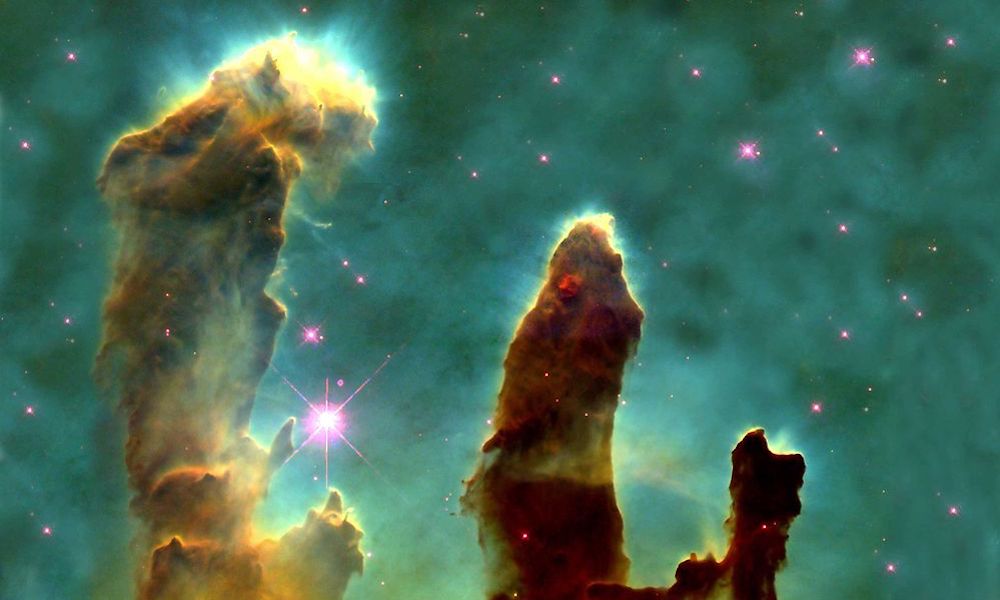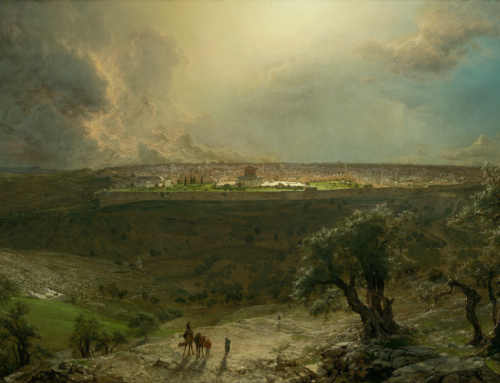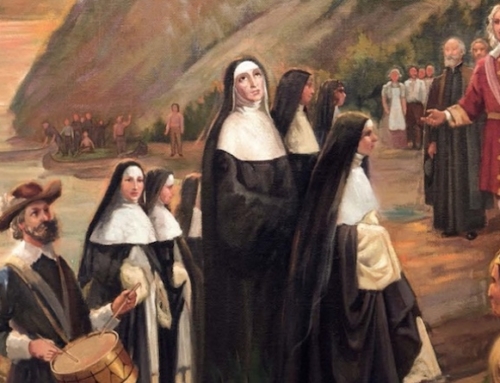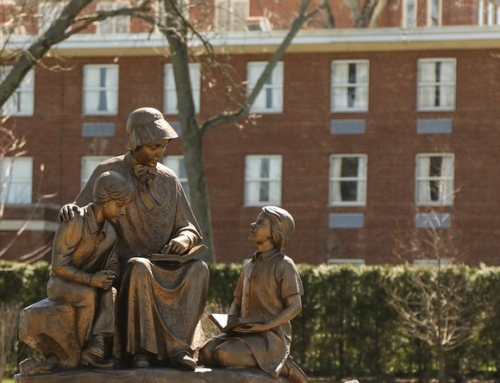2020 Advent Series: O Sapientia
“O Wisdom, who came forth from the mouth of the Most High
and reaches from end to end, ordering all things mightily and sweetly,
come to teach us the way of prudence”
Paul’s preaching was often received poorly by Jews and Gentiles alike.
The Greek world of the Gentiles looked for wisdom. Caught between the stars in their perfect unchangeable course and the unreflective toil of the beasts of the field, their philosophers sought their place in the cosmos. The wiser of them surmised that behind this order there must be a perfect and unchangeable God. Such a God, however, must be far beyond us, and surely could not pollute his perfection by knowing changeable beings such as us. Yet the Greeks could not quench their thirst for the hidden wisdom of the divinity. Beyond the trials of this life there must be a sweet order in which we can find our place.
The Jews, for their part, knew that God was not so far away. He himself had spoken and drawn near to man. He had chosen the children of Abraham from all the nations of the earth. Where once they were no people, now they were God’s people. He brought them out of Egypt, gave them a law, and made them a nation. He preserved them despite the attacks of the Philistines, the Assyrians, the Babylonians, and the Greeks. Now, subject to the pride of the Romans, the Jews sought a sign of God’s power and might, a Messiah to make them, once more, a nation free to serve its God.
But the Incarnation of Christ that Paul preached was folly to the Greeks and a scandal to the Jews. He told the Greeks that the unchangeable God had condescended to become man. He informed the Jews that their long-awaited Messiah had been born in a stable and crucified by Gentile soldiers. The Greeks thought it folly to so mix up the order of things. The shameful death of the King of the Universe scandalized the Jews.
Yet the truly wise among the Greeks and the holy among the Jews recognized something in Paul’s teaching. God is indeed higher than the heavens, but in him we live and move and have our being. By taking on human flesh he neither tarnishes his divinity nor swallows up humanity. The faithful of the Jews, for their part, knew that their greatest enemy was not Rome but rather their own stone cold hearts. Despite God’s love, they had abandoned him again and again. The prophets had promised that one day God would give his people new hearts. The Messiah would deliver his people not just from foreign invaders, but from sin itself.
The true wisdom and the great sign is the Incarnate Lord Jesus Christ. Fully man, he teaches us to be authentically human, to live as children of God according to the wisdom which he is. Fully God, he does not simply tell us the way, but is powerful to save us. The grace that flows from the side of Christ crucified nourishes the Church from within. Where once we were dead in sin, unable perhaps even to want to raise our eyes to heaven, we are now alive in Christ Jesus. Yet this grace never diminishes our humanity or damages our will. It fulfills our humanity, raising our mind to divine things, sweetly and gently moving us to true love of God. Nothing can stop God from bestowing his gifts upon those whom he loves. By the gift of grace we are made participants in Christ’s perfect humanity through his perfect subjection to the Father.
The wisdom which the Greeks sought has become fully man to lead us to what is most sweet and finally fulfills us. The sign which the Jews awaited was the son of a virgin, a lowly carpenter, condemned to death on a cross, whose coming pours out grace into our hearts. No power can stop this work of mercy. No subtlety of the enemy can overcome God’s plan for the universe. During these last days of Advent, we prepare for the coming of the Wisdom that came forth from the mouth of the Most High, and reaches from end to end, ordering all things mightily and sweetly, who teaches us the way of prudence.
✠
Image: Eagle Nebula Pillars







